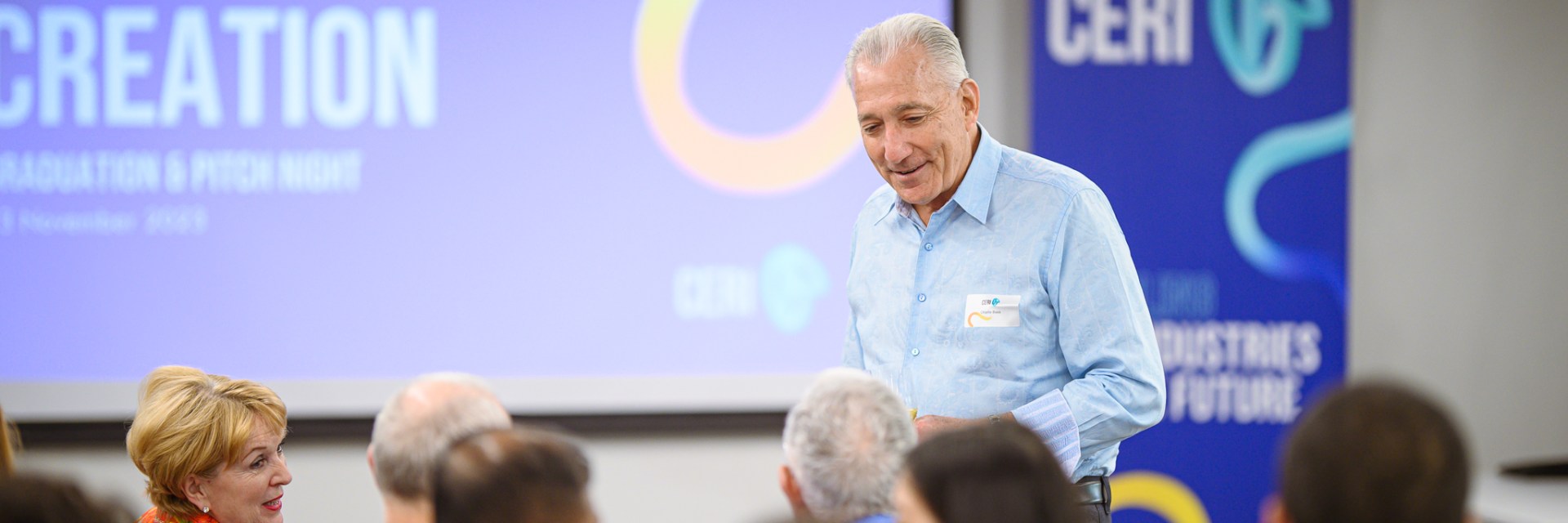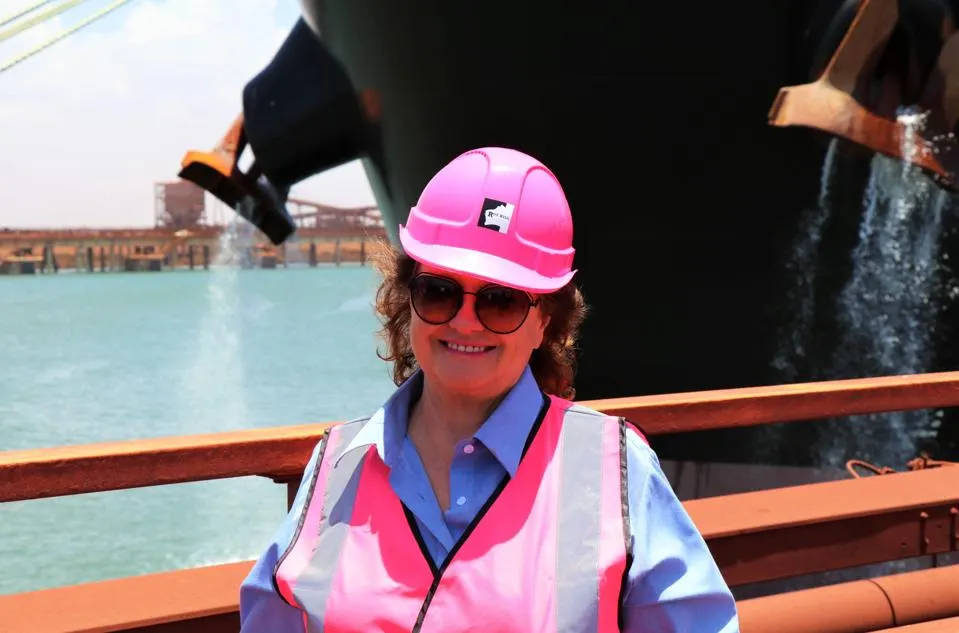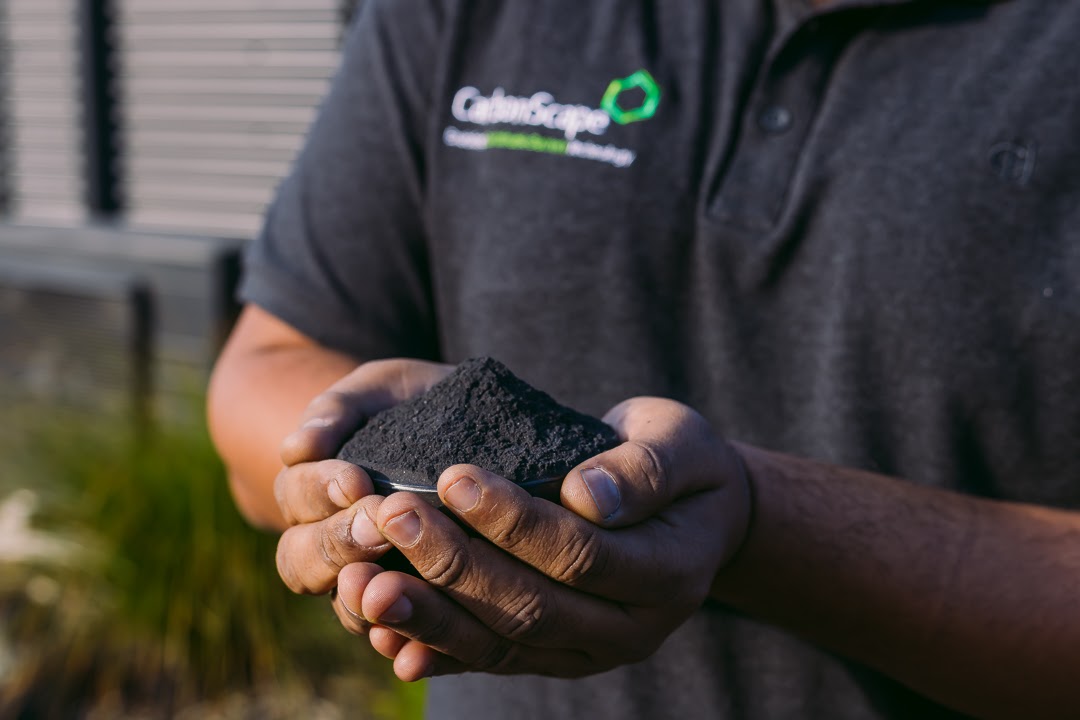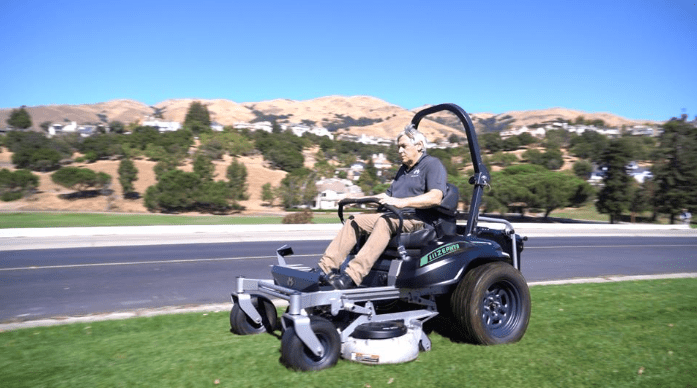American Charlie Bass made a fortune in Australian mining but is now giving away a million dollars a year trying to break the country’s ‘resource curse’ – making him a Senior Australian of the Year candidate.
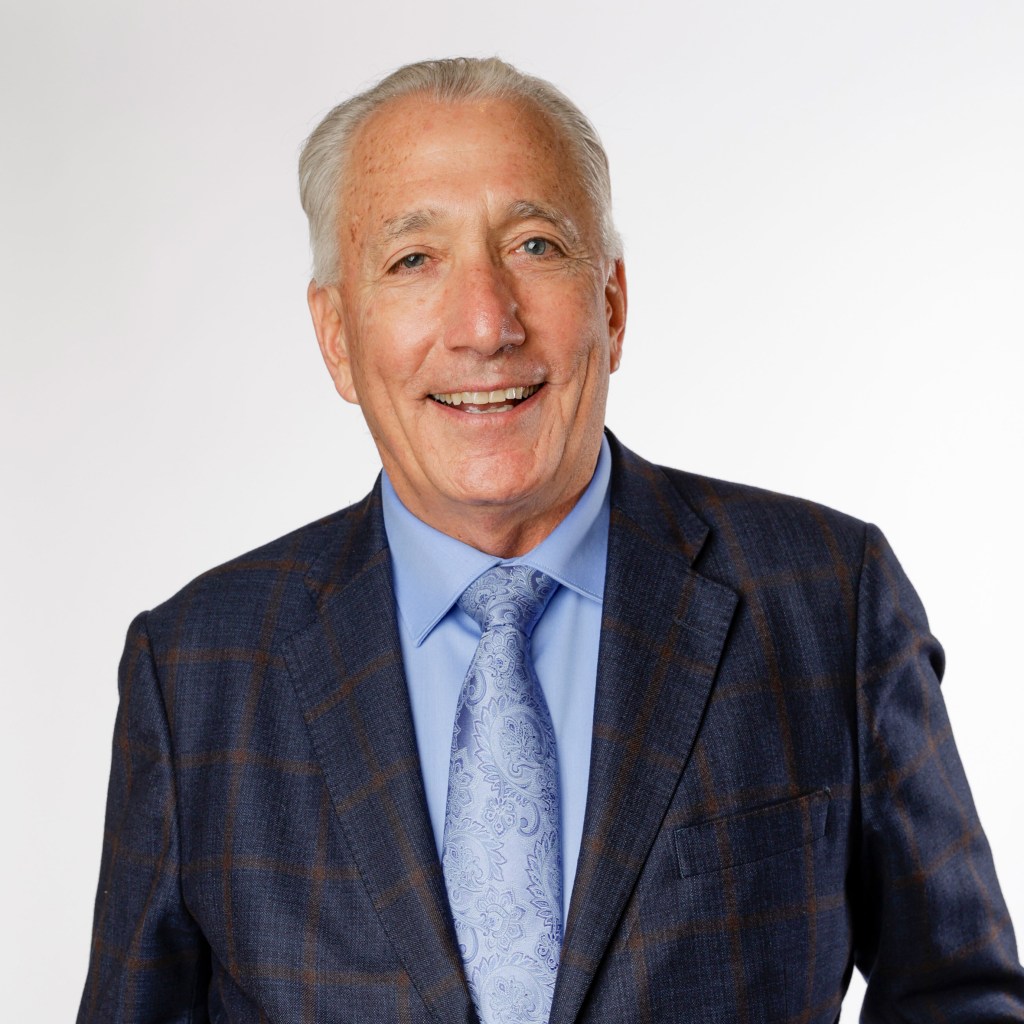
Charlie Bass remembers seeing a bunch of men in dusty work clothes sitting on the kerb in Kalgoorlie, mid-morning, back in about 1979. “They weren’t waiting for the pub to open, they just had nowhere to go because they’d lost their jobs when the local nickel mines shut down,” he says.
It wasn’t quite a lightbulb moment 44 years ago, but it got the young American geologist and mining engineer thinking about the perilousness of an economy so reliant on boom and bust resources. And not just because of the cycles, but the way it can suck capital and focus away from other parts of the economy – the so-called resources curse – leaving the economy worse off in the long run.
Bass, now 74, became a dual Australian citizen in the 1980s, and founded Eagle Mountain Mining in 1993 and Aquila Resources in 2000, pocketing a reported $150 million from the $1.4-billion sale of Aquila in 2014.
He’d already started a family charity focussed on educating the disadvantaged kids he’d seen in remote Australia. “Education is the greatest gift you can give anybody. And then one day I thought, well, where’s education at the other end of the spectrum?”
He’d observed that the Global Innovation Index ranked Australia 12th in the world for its economy and seventh in the world for human capital, but in overall innovation it ranked way lower. “And what brings us down is ‘knowledge creation and export of high knowledge’.

“My son was going to the University of Western Australia. He wanted to do materials engineering. This is the science of the future: how do you weld, for example, metal to glass? Those type of things? He goes back for a third year and they say, ‘We’re not offering this anymore because there are only 40 kids between first year and fifth year.’ But they’ve got 400 kids graduating every year in engineering, basically to support the resource industry.
“And I thought, ‘This is wrong. This is really wrong.’ So the same entities that give us this great research are obviously the same entities holding back the innovation.”
Charlie Bass
In 2015, cashed up from the 2014 sale of Aquila [“it certainly gave us the firepower to really ramp up”], he set up the Centre for Entrepreneurial Research and Innovation [CERI] whose program is like a start-up incubator, but Bass is keen to distance himself from incubators which are typically set up by entrepreneurs and take a cut of equity from their participants.
“The format is the same. But the rationale is totally different,” says Bass. “When we started people were saying, ‘Charlie’s only doing this so he can find the best ones to invest in first.’ I cannot, I will not, do that until a startup goes third party without any input from me. If other people invest and they’re asking anybody for money, then I guess my dollars go in on equal footing with others.”
About 1,000 students have now gone through the program and he says he has invested in just two of them, stem-cell company Isopogen, and Lixa which has a technology for fighting antibiotic-resistant bacteria.
Notable CERI graduates
| Company | Description |
|---|---|
| Gene:S | Developing personalised medicine through a genetic test and analytics for more accurate medication prescriptions. |
| Lixa | Developing scalable technology to combat the biofilm that protects antibiotic-resistant bacteria. |
| Laconik | Utilizing data and AI to enhance farm production. |
| Hyperion | Developing enormous 3D printers for creating entire boats out of sustainable polymers. |
| digitAiS | Reshaping engineering practices using AI and data. |
| Ucarbon | Cloud-based company enabling small and mid-size businesses to automate and streamline accounting and sustainability. |
| Yolk SPF | Mineral-based sunscreen using 50% less zinc than competitors. |
| Sherpah | Software aiding medical professionals in gaining insights into patients’ mental health using smartwatch-collected data. |
| Nitronic | Developing technology enabling farmers to produce zero-carbon fertilisers. |
Bass says it costs him about $1 million a year to keep it running and has cost about $10 million in total. “I try to cover the running costs and the other donations we get in allow us to build and expand and bring in specialist people.”
Candidates are interviewed to get in. “The first question I ask is, ‘Are you here because you want to make a quick million dollars?’ Nobody raises their hand. It’s not for every PhD or every postdoc or every researcher. It’s for those that want to make a difference.
“We do what we call a two-day bootcamp. It’s on entrepreneurial mindset. So it explores your personal values, the negatives from your past, your current, whatever? What’s your vision? Then we start taking them through a teeny bit of what we call a ‘lean canvas’ – a quick and dirty to see how their idea might stack up, what are the fatal flaws in it? If they get through that, it’s once a week for about 12 to 14 weeks. We call it Concept to Creation.
“We take them through what they need to understand about business, finance, accounting, legals. How you set yourself up? How do you evaluate your business? How do you get customers. Then it’s customer, customer, customer where so many other entities would say it’s all about how you go and raise money? Raising money from investors is the last thing you should think of.”
For graduates, there’s the potential for startup office space and mentoring. And the opportunity for SAFE loans [Simple Agreement for Future Equity] “It’s basically small loans. If and when they raise a good amount of money from third parties, the little loan gets converted to equity.”
The future of mining
Bass says they are planning to launch a series of “researchathons” to tackle big problems.
“So we’ll gather people who have technical expertise in this area gathered from academics, from government, from wherever, to look at a big problem. Big problems present big opportunities and it takes more than one or two people to solve them.”
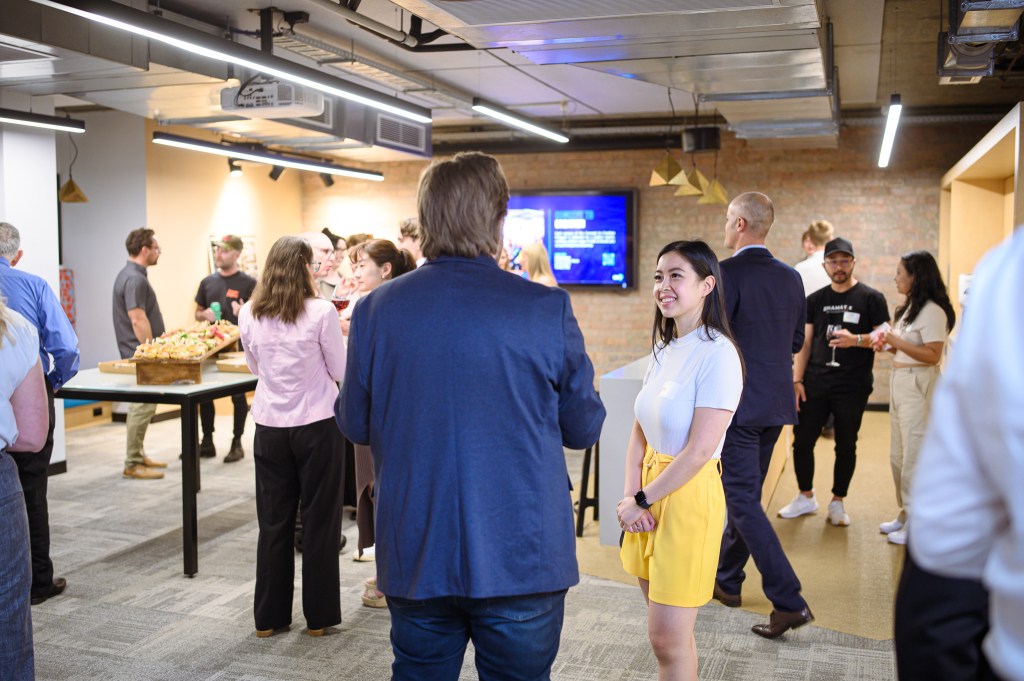
He said some early examples might look at how to turn the Murchison region of Western Australia into a food bowl, or how to use thorium – an element abundant in WA – to power a diffuse network of nuclear power generators.
Watching the current lithium and nickel price dives and miners losing their jobs – Andrew Forrest’s Wyloo Metals was the latest nickel miner to shut down its West Australian operations, on January 22, due to low prices – Bass says the industry will not look the same in the future.
“Technology changes. I don’t think batteries will be lithium in 10 or 20 years time … And something I came across several years ago out of MIT, some research that lithium is the most extractable element out of seawater with fairly low energy costs … and going back to my first geology class my prof said there’s more gold in a cubic mile of seawater than there is in Fort Knox. However, back then it would have taken 10 Fort Knox’s worth of energy to get that gold out. So as technology evolves, I think resources in the way we’ve been used to digging things out, pumping things out of the ground. I think that will change.”
Not that Bass is through with mining.
“After over 50 years in the resource industry, I still love the hunt. I’m still involved with a company I created called Eagle Mountain Mining and we’re involved in copper projects in Arizona, because I think copper is a future metal unlike nickel or even lithium.”
Bass is a nominee for Senior Australian of the Year which will be announced on January 25.
